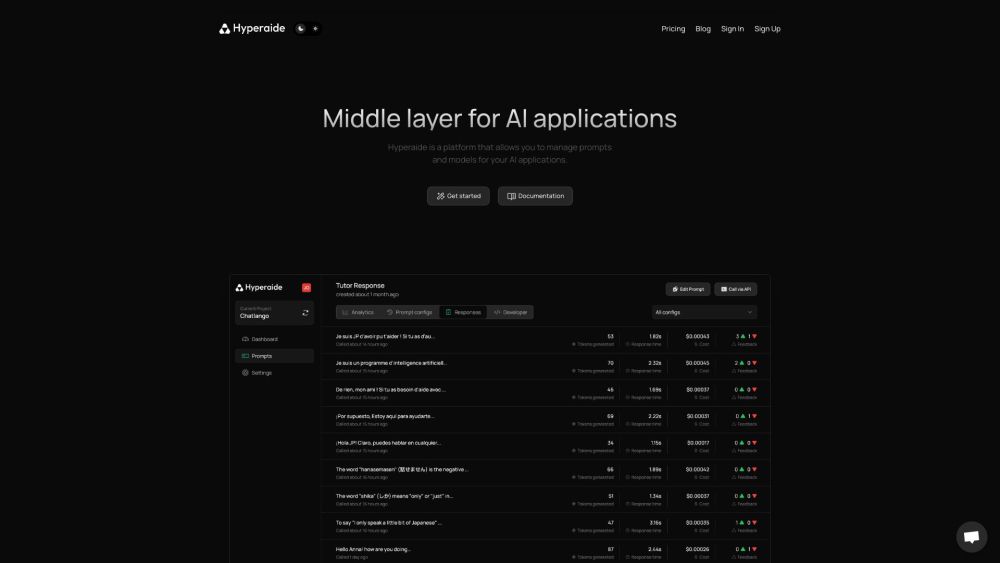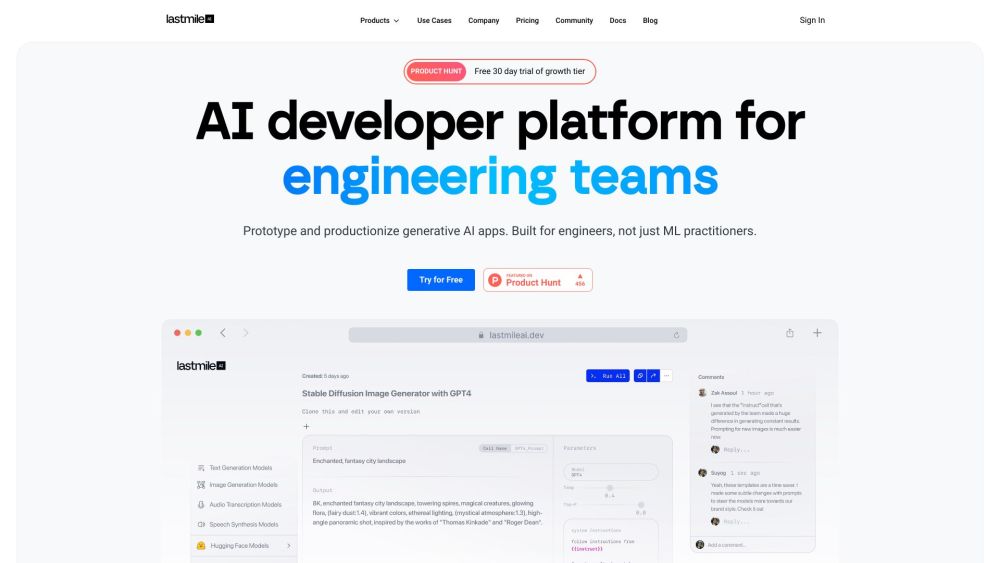Chances are you’ve experienced this: Your once comforting hot shower suddenly turns cold, leaving you feeling a bit irritable. Perhaps someone else in your home took an extra shower, or you overloaded the laundry. It’s a classic scenario where water supply fails to meet demand. Michael Rigney believes he has a solution to predict when a household will need extra hot water, preventing those unpleasant cold showers without relying on costly alternatives like on-demand water heaters.
Rigney’s journey into the world of water heating began a few years back, yielding some enlightening discoveries. “What I saw was truly eye-opening,” Rigney shared in a recent interview. The fundamental technology behind most water heaters—whether gas or electric—has largely remained unchanged for decades. While they may be inexpensive to purchase, their operating costs can add up quickly.
Heat pump water heaters are starting to transform this landscape for many homeowners, enhancing efficiency and reducing energy bills. Still, Rigney identified significant opportunities for further improvement. In 2020, he founded Cala Systems in Boston as heat pump water heaters began gaining traction. He saw “an entrepreneurial opportunity to create the best heat pump water heater available.”
Water heaters are generally simple devices, consisting of three main components: an insulated tank, a heating element, and a thermostat. Most homeowners set the temperature once and forget it—occasionally raising it for overnight visitors. As hot water is drawn, cold water replenishes the tank, causing the temperature to drop. When it falls below a set level, the thermostat activates the heater.
“That’s really outdated,” Rigney said. “We can achieve better efficiency in 2024.” Cala Systems’ inaugural product is a 65-gallon heat pump water heater designed to meet modern needs.
Cala Systems’ water heater integrates a sophisticated heat pump with an AI-driven control system that anticipates hot water demand and heats water accordingly. The company collects data such as weather forecasts and time-sensitive energy pricing, which is then analyzed alongside household-specific factors, including water usage patterns and the temperature of incoming cold water. Importantly, Rigney emphasized that Cala will never sell household data.
By examining these usage patterns, the tank can predict surges in demand and heat water efficiently. For instance, if a sunny spell is forecasted before a cloudy stretch, Cala’s algorithms may optimize the heating process by harnessing excess solar energy, effectively transforming the tank into a storage unit for energy.
When conditions are stable, the water heater can slow down the compressor to improve efficiency, potentially enhancing heat transfer by approximately 30%, according to Rigney. “That’s a significant improvement,” he noted. For households expecting guests, Cala has incorporated a boost mode that can be activated via the tank or an app.
In the U.S., the water heating market is nearly evenly divided between natural gas and electric resistance systems, with oil, propane, and heat pumps making up the remainder. Water heating accounts for around 20% of energy consumption in a typical American household. However, heat pump water heaters dramatically reduce energy use while also decreasing reliance on natural gas.
Currently representing only a small share of the market, heat pump water heaters are gaining traction, aided by incentives from the Inflation Reduction Act. While they may be pricier to install initially, their operating efficiency leads to cost savings over time and lower household carbon footprints.
Cala plans to source parts from various suppliers and assemble the product domestically, as Rigney humorously noted, “This is not a product that ships well.” Their first offering—a 65-gallon model—is priced at $2,850 and available for pre-order with deliveries expected early next year. Although this price is about $800 higher than competitors, Rigney believes that reduced utility bills will bridge that gap over time.
To support their launch, Cala disclosed that it has raised a $5.6 million seed round led by Clean Energy Venture Group and Massachusetts Clean Energy Center, with contributions from Burnt Island Ventures, CapeVista Capital, and Leap Forward Ventures. Rigney remarked that given the limited sales of heat pump water heaters to date, “this market is truly in its infancy.” He added, “We see an opportunity to redefine what people expect from a water heater.”




